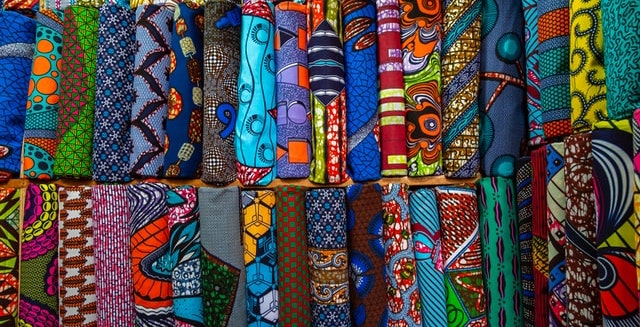Domestic textile manufacturers will continue to enjoy 0-VAT on their products, following an extension of the Zero VAT policy.
The decision was announced by Minister of Finance Ken Ofori-Atta during his presentation of the 2024 budget on the floor of parliament. This marks the policy’s second consecutive extension.
Early this month, the Association of Ghana Industries (AGI) told B&FT that it had made a request for government to further extend the policy since the early extension was expected to end December 31 this year.
According to Chief Executive Officer-AGI, Seth Twum Akwaboah, this will afford stakeholders a chance to prevent smuggling textiles from neighbouring economies into the country.
“The Zero VAT requires that as a local manufacturing company you do not pay VAT on your products. It was instituted to help local manufacturers because the smuggling was so much. When the smugglers bring in their products, they do not pay the VAT, you are unable to identify them; but when they bring in their products, they are cheaper than local ones. So, they were taking over the market unfairly. So, when we negotiated with government and they introduced the Zero tax for textile companies, it enabled them to recover – and it has helped a lot,” Mr. Akwaboah said.
Background
In 2019, the textile industry received a boost following government’s decision to zero-rate Value-Added Tax (VAT) on the supply of locally manufactured textiles for a period of three years to help revive the local textile industry, which was facing imminent collapse mainly because of the influx of pirated and cheap products onto the domestic market.
However, in 2021 players blamed the challenges on COVID-19 and government’s inability to roll out additional measures concrete enough to fight the influx of cheap textiles manufactured with copied designs.
A taskforce that was set up by the former Minister of Trade and Industry, Alan Kyerematen, to protect the country’s borders from smuggling-in fake textiles and also rid the market of them, collapsed amid operational challenges. Meanwhile, a textiles tax stamp that was to be introduced to differentiate fake from original fabric and aid government to rake in some revenue from the sector has been suspended indefinitely.
As a result of tough challenges faced during the period, the sector was not able to benefit from expected gains. The Association of Ghana Industries (AGI) and other stakeholders in the sector held discussions and the Zero VAT policy was extended for two years, ending in 2023.










